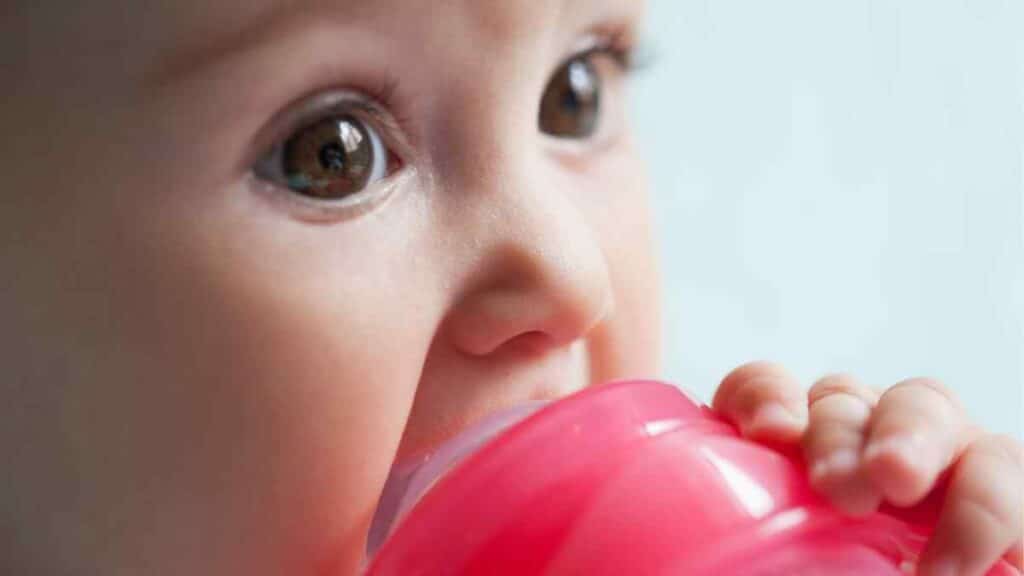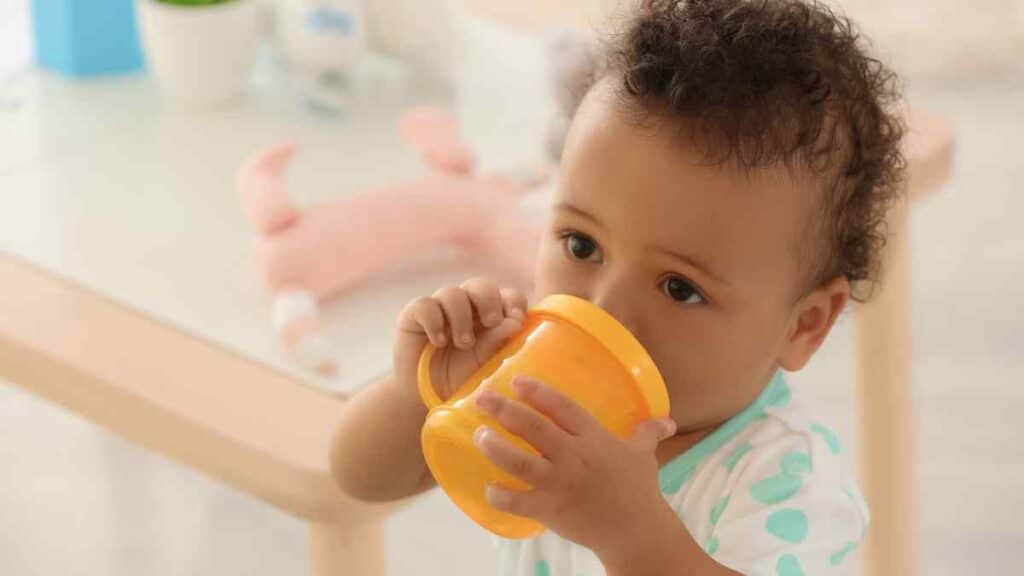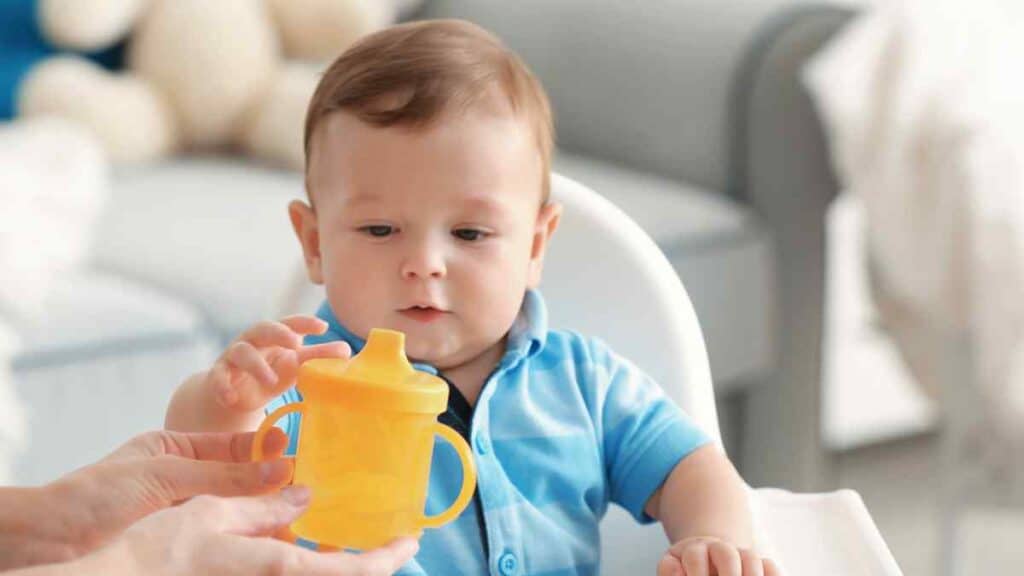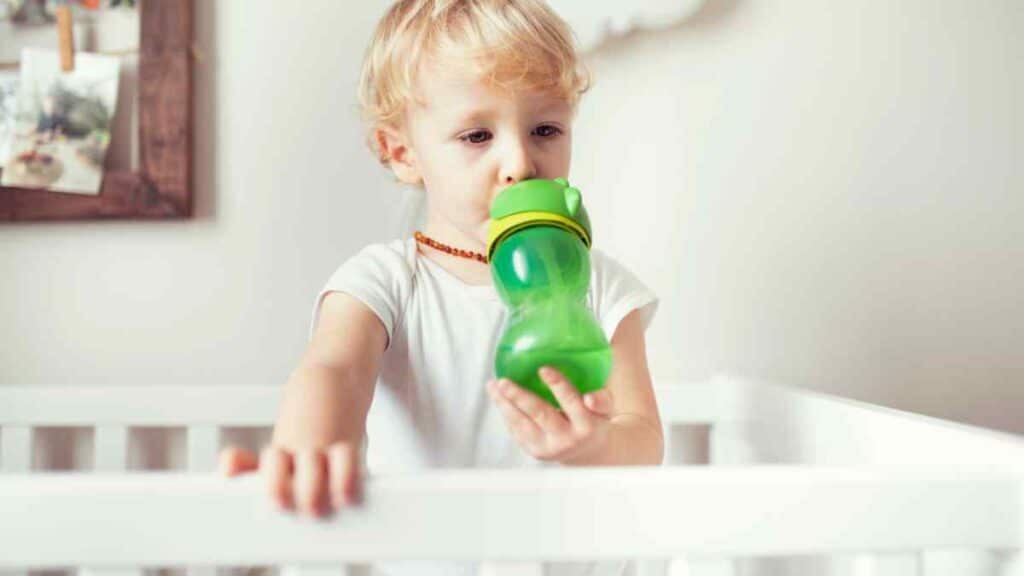When it comes to providing the best nutrition for their infants, parents want to ensure every aspect of their baby’s diet is safe and healthy. One crucial factor in infant feeding is the quality of water used to prepare baby formula. As tap water can contain various impurities and contaminants, many parents turn to filtered water as a potential solution. However, the question remains: Is filtered water truly safe for baby formula preparation?
Filtered water has gained popularity in recent years due to its ability to remove potentially harmful substances, improve taste, and enhance overall water quality. But when it comes to the delicate nature of infant feeding, it becomes essential to thoroughly examine whether filtered water meets the stringent safety requirements for baby formula.
By understanding the risks associated with drinking water, the advantages of using filtered water, and the limitations of filtration systems, parents can make informed decisions about the water they choose to use in their baby’s formula. Ultimately, this article aims to provide a comprehensive overview of the safety considerations surrounding filtered water for baby formula preparation, empowering parents to make the best choices for their infants’ well-being.

What is Filtered Water?
Potable drinking water is an essential element of life, and its quality greatly influences our overall well-being. While tap water is generally considered safe for consumption, it may contain impurities and contaminants that can affect the taste and potentially pose health risks. This concern has led to the rise in the popularity of filtered water as an alternative for various purposes, including drinking, cooking, and preparing infant formula.
Filtered water refers to water that has undergone a purification process to remove impurities and enhance its quality. There are several types of water filtration systems available on the market, each with its own mechanism for purifying water. Let’s explore the most common methods used for filtering water:
- Carbon Filters: Carbon filters, also known as activated carbon filters, use activated carbon to absorb impurities and chemicals present in the water. These filters are effective in removing chlorine, volatile organic compounds (VOCs), and some heavy metals. They can improve the taste and odor of tap water, making it more pleasant for consumption.
- Reverse Osmosis (RO) Systems: Reverse osmosis is a filtration method that uses a semipermeable membrane to separate impurities from water. It effectively removes contaminants such as bacteria, viruses, heavy metals, pesticides, and dissolved solids. RO systems provide high-quality filtered water and are commonly used in households and commercial settings.
- Distillation: Distillation involves heating water to create steam, which is then condensed back into liquid form, leaving behind impurities. This boiled water method removes a wide range of contaminants, including bacteria, viruses, heavy metals, and minerals. Distilled water is known for its purity, but some argue that it may lack certain minerals found in natural water sources.

The benefits of using filtered water extend beyond infant formula preparation. Filtered water for general consumption offers several advantages:
- Improved Taste and Odor: Filtration systems remove substances that can affect the taste and smell of tap water, resulting in a more pleasant drinking experience.
- Removal of Contaminants: Filtered water reduces the presence of potentially harmful substances such as chlorine, lead, pesticides, and bacteria, promoting better health and well-being.
- Convenience and Cost-Effectiveness: Investing in a water filter eliminates the need to rely on bottled water, reducing plastic waste and saving money in the long run.
When it comes to preparing infant formula powder, the quality of water is of utmost importance. While some tap water is safe to use, factors like fluoridated tap water and the presence of contaminants may raise concerns. Filtered tap water can provide a reliable solution by removing impurities and ensuring a higher level of safety for your baby’s formula.
However, it’s essential to note that different filtration systems vary in their effectiveness and capabilities. Furthermore, considering individual circumstances and consulting with healthcare professionals can provide additional guidance on the best water options for your baby’s specific needs.

Safety Considerations for Baby Formula Preparation
When it comes to preparing baby formula, ensuring the safety and quality of the water used is of utmost importance. Whether you rely on tap water, bottled water, or filtered water, several crucial factors must be considered to safeguard your baby’s health.
Tap Water
Tap water is a common choice for formula preparation. However, the safety of tap water can vary depending on your location. It may contain impurities, including fluoride, which can be present in excessive amounts in some areas. Excessive fluoride exposure can lead to dental fluorosis, a condition that affects tooth enamel development in infants. To determine the fluoride level in your tap water, contact your local water company or the Environmental Protection Agency (EPA). Additionally, tap water may contain other harmful contaminants, such as lead or bacteria, which can pose health risks. If using tap water, consider filtering it or boiling it to reduce potential contaminants.
Filtered Tap Water
Using a reliable water filtration system can effectively remove impurities and enhance the safety of tap water for formula preparation. High-quality water filters, such as those certified by reputable organizations like the NSF International, can remove a wide range of contaminants, including bacteria and chemicals. However, it is crucial to regularly maintain and replace the filters as recommended by the manufacturer to ensure their continued effectiveness.

Bottled Water
Bottled water can be an alternative for preparing baby formula. However, not all bottled water is the same. Look for low-fluoride bottled water specifically labeled as suitable for infant consumption. Read the label carefully to ensure that the water does not contain excessive fluoride levels. Additionally, consider choosing purified water options, as they undergo filtration processes that remove impurities.
Distilled Water
Distilled water is often recommended as a safe option for formula preparation, as the distillation process removes impurities, minerals, and contaminants. However, it’s important to note that distilled water lacks essential minerals that are beneficial for overall health. If you choose to use distilled water, consider discussing it with your baby’s doctor to ensure your baby receives adequate mineral intake from other sources.

Best Practices for Water Preparation
Regardless of the water source you choose, certain practices should be followed:
- If using tap water, bring it to a rolling boil and let it cool before using it to prepare formula. Boiling water kills harmful bacteria and reduces the risk of infections.
- Use water that is at room temperature or body temperature (around 98.6°F or 37°C) when mixing infant formula. This ensures proper consistency and makes it easier for your baby to digest.
- Follow the instructions on the formula packaging precisely, including the recommended water-to-powder ratio.
- Never dilute formula with additional water beyond the recommended guidelines, as it can lead to nutritional imbalances and inadequate calorie intake for your baby.
It’s important to consult with your baby’s doctor or a healthcare professional to determine the best water option for your baby’s individual needs. They can provide guidance based on factors such as your local water supply, fluoride levels, and your baby’s specific health requirements.

Conclusion
Filtered water offers a viable solution to address these concerns. By using reliable water filtration systems, such as carbon filters or reverse osmosis systems, parents can effectively remove impurities and enhance the safety of the water used in formula preparation. Filtered water can improve taste, remove harmful substances, and provide peace of mind.
However, it’s crucial to understand the limitations and variations in water quality. Different filtration methods have varying degrees of effectiveness, and maintaining and replacing filters regularly is essential. It’s also important to consider individual circumstances, such as the fluoride levels in tap water or specific health requirements, and consult with healthcare professionals or local health departments for guidance.
Alternative options like low-fluoride bottled water or distilled water can also be considered. Distilled water, in particular, can provide a high level of purity, but it lacks essential minerals found in natural water sources. Thus, discussing the use of distilled water with a healthcare professional is recommended to ensure adequate mineral intake for your baby.
Ultimately, the choice of using filtered water for baby formula preparation depends on individual circumstances and informed decision-making. Parents should prioritize their baby’s health and well-being by considering factors like water source, filtration methods, and professional recommendations.
By understanding the safety considerations, following best practices for water preparation, and consulting with healthcare professionals, parents can make informed choices that prioritize their infants’ health and ensure the safe and nourishing preparation of baby formula.
Did you find this article helpful? Please feel free to ask any questions in the comments below.



